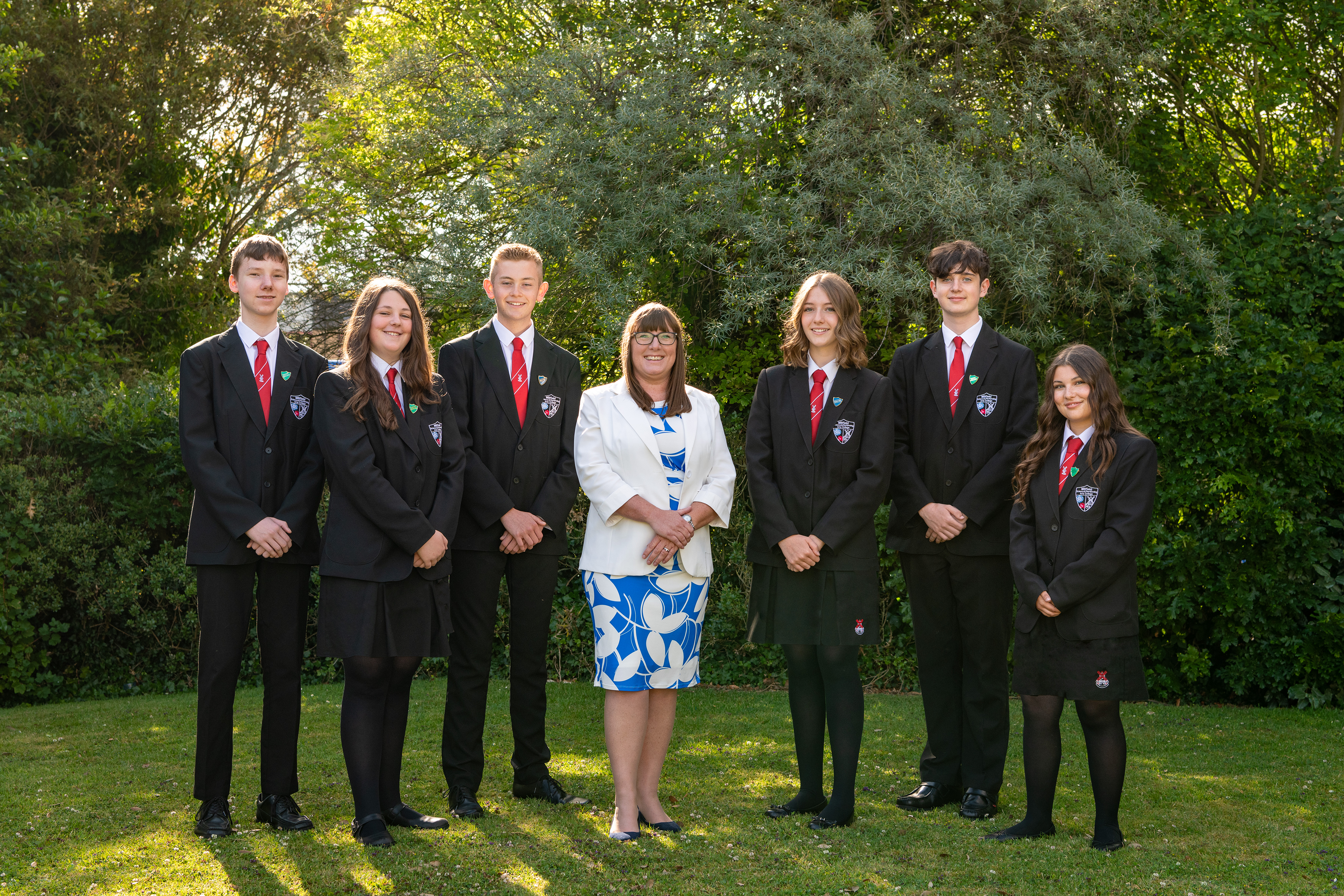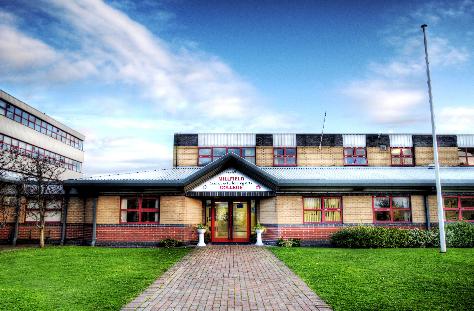



Food Preparation and Nutrition


As part of their work with food, students will be taught how to cook and apply the principles of nutrition and healthy eating. Instilling a love of cooking in students will also open a door to one of the great expressions of human creativity. Learning how to cook is a crucial life skill that enables students to feed themselves and others well and affordably, now and in later life. With increasing concerns in society about food issues, including hygiene, safety, sustainability, and the nutritional quality of food, students explore food-related issues through a range of practical experiences, allowing them to make informed and appropriate choices with regards to food.
Students in year 7 continue the excellent foundations established in KS2 by learning about: the principles of a healthy and varied diet; preparing and cooking a variety of predominantly savoury dishes; using a range of cooking techniques, and understanding seasonality, including knowing where and how a variety of ingredients are grown, reared, caught, and processed.
"Chefs are at the end of a long chain of individuals who work hard to feed people. Farmers, beekeepers, bakers, scientists, fishermen, grocers, we are all part of that chain, all food people, all dedicated to feeding the world" - Jose Andres
In key stage 3, the study of Food Preparation and Nutrition provides students with a broad knowledge and understanding of food properties, processing, preparation, nutritional considerations, and consumption. It addresses the importance of hygiene and safe working practices along with legislation in the production of food. It also provides students with a context through which to explore the richness, pleasure and variety food adds to life. Integral to Food teaching is the ability to design, produce and evaluate solutions to situations involving food. These form part of a broad set of skills that are transferable to other study, work, and life contexts that students may encounter.
As students move into Key Stage 4, they can opt to take Food Preparation and Nutrition for GCSE. Students will independently prepare and cut vegetables finely into julienne, brunoise and macedoine cuts, joint a chicken, fillet a fish, make a range of complex pastries including shortcrust pastry, puff pastry and choux pastry. They will also make a range of sauces such as béchamel, emulsion, reduction, and blended sauces, and make specialist foods such as pasta, focaccia bread and gateaux.
In year 11, students carry out two controlled assessment pieces of work, which are set by the Eduqas exam board, and which total 50% of their GCSE. The first tests their scientific understanding of the working characteristics of ingredients along with their functional, and chemical properties. The second tests their knowledge, skills, and understanding in relation to the planning, preparation and cooking, presentation of food and application of nutrition related to a given task. They also undertake an exam worth 50% of their GCSE, which tests their theoretical knowledge of food preparation and nutrition.
It is our aim to develop independent, competent learners who progressively increase their basic food preparation and cooking skills, encouraging them to think like chefs, nutritionists, food scientists and food product developers.




